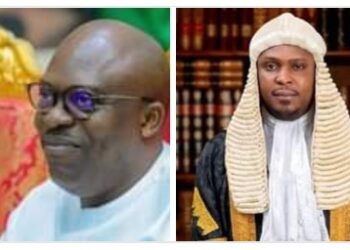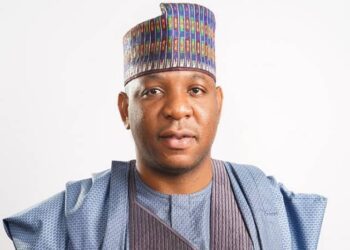The decision to declare June 12 as Nigeria’s Democracy Day and to shift the date from May 29 was made by former President Muhammadu Buhari on June 6, 2018. The shift was significant as it recognized the historical importance of June 12, 1993, in Nigeria’s democratic journey.
On June 12, 1993, Nigeria held a presidential election widely regarded as the freest and fairest in the country’s history.
The election was contested between Chief Moshood Kashimawo Olawale Abiola, representing the Social Democratic Party (SDP), and Alhaji Bashir Tofa, representing the National Republican Convention (NRC).
The election had a high voter turnout and was characterized by widespread support across ethnic, religious, and regional lines.
However, before the results were announced, the military regime of General Ibrahim Babangida annulled the election, thereby denying Nigerians the opportunity to witness a democratic transition. This act sparked widespread protests and civil unrest across the country, with many Nigerians demanding the restoration of Chief MKO Abiola’s mandate.
Chief MKO Abiola, the presumed winner of the annulled election, became a symbol of Nigeria’s struggle for democracy. He was subsequently arrested and detained by the military government. Tragically, he died in custody on July 7, 1998, under suspicious circumstances.
In recognition of the significance of June 12 and the role played by Chief MKO Abiola in Nigeria’s democratic struggle, President Muhammadu Buhari, on June 6, 2018, declared June 12 as Nigeria’s Democracy Day. This decision was made to honor Chief MKO Abiola and acknowledge the sacrifices made by him and other pro-democracy activists.
The shift from May 29 to June 12 as Democracy Day was also accompanied by the posthumous award of Nigeria’s highest national honor, the Grand Commander of the Federal Republic (GCFR), to Chief MKO Abiola.
In addition, the former Vice President during that time, Prof. Yemi Osinbajo, announced that the federal government would organize events to commemorate June 12 each year and celebrate Nigeria’s democratic progress.
This declaration and recognition of June 12 as Democracy Day marked a significant milestone in Nigeria’s democratic history.
It served as a way to acknowledge the struggles and sacrifices made by Nigerians for democracy and to honor the memory of Chief MKO Abiola, who played a crucial role in Nigeria’s democratic journey.




